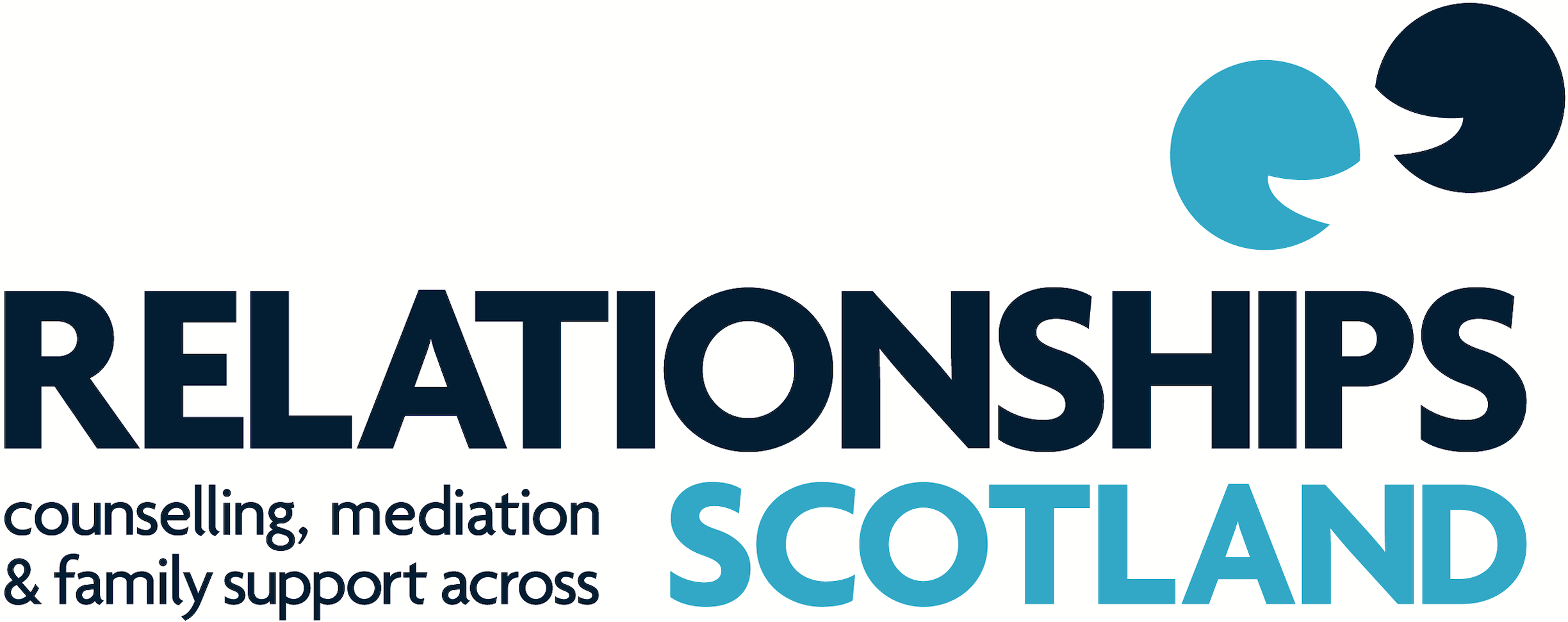
Giving Children and Young People a Voice when Parents Separate – How Mediation can Help
Since the 1990s a noticeable shift within Scottish culture has occurred – it is now expected that children’s opinions will be sought and considered on a wide range of issues. The UN Convention on the Rights of the Child states that children who are capable of forming a view have a right to express those views freely in all matters affecting them, the views being given due weight in accordance with the age and maturity of the child. The law in Scotland supports these rights, and the current Year of Young People in Scotland is continuing to raise awareness about giving children and young people a stronger voice.
So where does the problem lie? The reality in practice is that children are often not given adequate opportunities or help to be able to say freely what they are thinking and feeling. There are debates about capacity, age and maturity. At what point can it be presumed that a child can understand future consequences, and does this depend on the decision being made? How are children’s rights balanced against parents’ responsibilities and rights? Who is best to hear children’s views – their parents, health or education professionals or specialist children’s workers? What is the best process?
One important but difficult time for children to have a voice is when their parents’ relationship breaks down. Parents caught up in the turmoil of divorce or separation can find it hard to listen to what their children have to say about changes in the family. Children might worry that what they say will upset one or other parent and make a fraught situation worse. They are often caught in loyalty binds between parents.
Many parents turn to a solicitor for advice, and some meet with a third party, a mediator, particularly to negotiate arrangements for children. The mediator helps them to have a conversation in a safe and future focussed way that emphasises the importance of what their children need. Parents are encouraged to consider each of their children – what might they be thinking or feeling about arrangements that their parents are discussing? There is an focus on children views but could they have a stronger voice?
Relationships Scotland’s family mediation service offers families the opportunity for children to meet directly with a specially trained Child Consultant Mediator, to express their views on what their parents are talking about in mediation and for these views to be shared with parents to support their decision making process. Children and young people are given a voice directly.
The Child Consultant Mediator first discusses with both parents the option of meeting with the child and agrees whether it is appropriate to go ahead. The child, typically 8 years or older, is invited to meet with the mediator in a child friendly setting to share their experiences, talk about their concerns and think about what they want their parents to consider when making arrangements. They are able to express their views through talking, writing, drawing and other activities. Feedback from the meeting with the child is shared with both parents at a separate session.
Children participate voluntarily and agree what messages, if any, they would like to be shared. Parents remain the decision makers and children are not asked to choose between parents. The process helps children to tell their story freely and it helps parents to hear that story.
If mediation is not the best option for parents and they are unable to resolve their differences through solicitor negotiations either, their dispute may go to court. The Children (Scotland) Act 1995 makes provision for judges and sheriffs to give children an opportunity to express their views if they so wish, and to have regard to such views. Children of 12 years and older are presumed to be of sufficient age and maturity to form a view and their views can be sought in a number of ways – a form (the F9 form), a court ordered report, or the sheriff might speak directly to children. All of these options have the potential for giving children a voice but concerns have been raised about their appropriateness, flexibility and effectiveness.
The new Family Law Bill, announced by the Scottish Government recently1, is an opportunity to re-visit the ways in which children’s views are heard in civil disputes and to consider alternatives to the court process.
In this Mediation Awareness Week2 we are calling for consideration of mediation to become the norm for all family disputes. This would help all parents to consider the potential benefits of a creative, child focussed process for resolving differences that has the potential to give children a clear voice in the decisions that are being made that affect them. This would be an important step towards ensuring we listen to our children and young people effectively when their parent separate.
Rosanne Cubitt, Head of Practice for Mediation, Relationships Scotland
Tel: 0345 119 2020, www.relationships-scotland.org.uk
References:
1) https://beta.gov.scot/publications/delivering-today-investing-tomorrow-governments-programme-scotland-2018-19/
2) www.mediationawarenessweek.uk
This article originally appeared in the Scotsman
